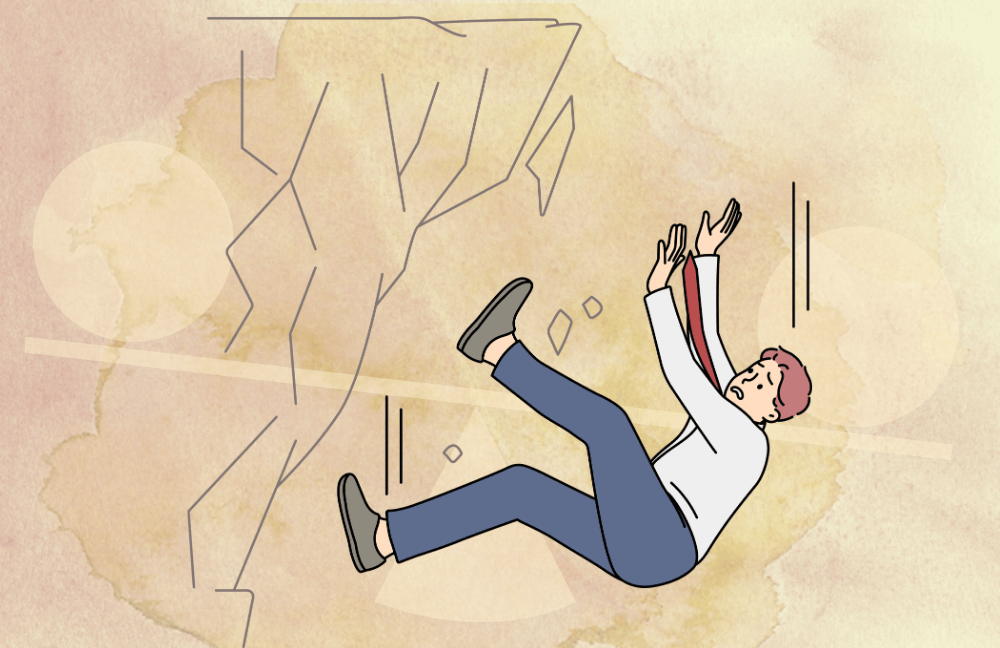
- Home
- About
- Book a Session
- Get Help
Personality
Relationships
Adult
Child
Schools
Corporates
- Do I need help?
- Trending
“Are resolutions made on January 1st the real solution to our problems? Does Lord Janus really bestow his blessings on us because we made promises in the month named after him? Or is there something missing here, that we need to attend to?”
- Shefali Batra
Psychologist Abraham Maslow described the hierarchy of human needs wherein basic needs include included warmth, shelter, food, clothing and safety. Happiness evolved as a higher need also classified with other metaneeds that connect with purpose, meaningfulness, justice and order.
As we have our basic needs met, we rise in the ladder and seek to achieve more meaning. Happiness too gets more sophisticated, as a gratification that comes from giving and not receiving. And all things beautiful, exciting, enticing, and entertaining cease to offer happiness unless we are able to see meaning in them. Alas, many humans do not rise as much, and seek happiness in the superficialities of existence. It works for them
By design, humans are vulnerable to temptation. It takes immense focus to not lose sight of the goals we’ve set for ourselves. Temptation works its charm by blurring our distant vision to smudge the goals, and make it seem unimportant for the moment. Sadly, what we can see right before us is always more attractive. Our near vision becomes so clear that the forbidden fruit appears enticing, appealing and harmless. And distant goals are blurred. So, we lose self-control and resolutions are forgotten.
We say things we don’t mean, raise our hand, smoke or drink, choose the burger over salad, or skip exercise to sleep in late. Without self-control, every distraction is luring and we are less likely to resist it.
But it’s possible to gain back control. We can keep the target in sight if we really want to. We could use reminders, posters, alarms and notes to remember why we started out. We could set little goals and reward ourselves for accomplishing them. That way we’ll always know why we should keep going. And soon enough we’ll get there.
An autopilot mode of existence is hassle free, steady and comfortable. We dislike change because it is challenging. Stress is nothing but a negative reaction to this change. Work demands, taxes, illnesses, growing kids, unexpected guests, a troublesome neighbor, maybe a new pimple on the face; our life stressors are abundant and pervasive. And we’re not really prepared or geared to deal with them.
Stress is an alien emotion. It makes you feel helpless, incapable, incapacitated and desperate. You want to be on top of things; aware, in control and complacent. But then life happens. Pandemics happen. Lockdown ensues. Layoffs occur. Goals get thwarted. And you get frazzled.
You do not like how stress makes you feel. Whenever you’re faced with a threat that exceeds your coping faculties, you feel like a deer caught in the headlights. You freeze. Instead of fleeing the situation (which is often rational) or fighting it tactfully (this is always logical); you just freeze. You react to change like it’s catastrophic.
The fright component of the stress response pushes you to dysfunctional, faulty, deceptive emotional states that lead you to flawed choices. You get stuck in the vicious cycle of worry, and go lax on your resolve. So, you turn back to all that you had wanted to change – addiction to smoking, drinking, drugs of abuse; anger or emotional eating. It becomes a readily available stress buster.
“By being less emotional and applying better logic, you can fight stress and achieve the highest of goals. It’s never the end of the world, even if it seems like it is.”
- Shefali Batra
Visualization or mental imagery is a technique in which you see the world from the summit. Assume for a moment, that your goal has already been accomplished and see how it makes you feel. It only takes a start, to gain the momentum to keep going. The first gear is the slowest and you can’t use it to gather speed, but you can climb uphill in it. And that’s laudable.
If you set small achievable targets, you’ll be more realistic about your expectations of yourself. These shouldn’t be mundane, but also needn’t be overwhelmingly challenging. Taking one small step at a time will build your confidence, keep you moving forward, and prevent you from getting overwhelmed. All the little successes will amass the energy for bigger ones. Nothing will seem unattainable then.

Not everything you set out to accomplish will actually happen. You might feel anger, resentment, sarcasm, sadness, depression, anxiety, restlessness or even obsession about the unattained resolution. Frustration lowers enthusiasm, detracts focus and makes you narrow visioned, because you stop seeing beyond your own problems. That’s when you make wrong choices. And these detract you from your target farther. Goals that could actually boost your confidence when accomplished, appear to be your enemy. You lose value in them because apparently these goals are making you appear like a failure. If you had no goals you’d not be let down. And, you tend to give up.
Mindfulness helps you stay present, so you accept whatever is happening inside and outside of you; and let it pass, without reacting to it. This builds tolerance to frustration, helps accept challenges smilingly and makes you see more lessons in mistakes, than failures. So, you don’t lose focus of what you set out to accomplish. That’s when your resolutions become a reality.
Dr Shefali was interviewed by the Free Press Journal on How to Make New Year Resolutions Work.
“If not now, when?”
- Shefali Batra





WhatsApp us